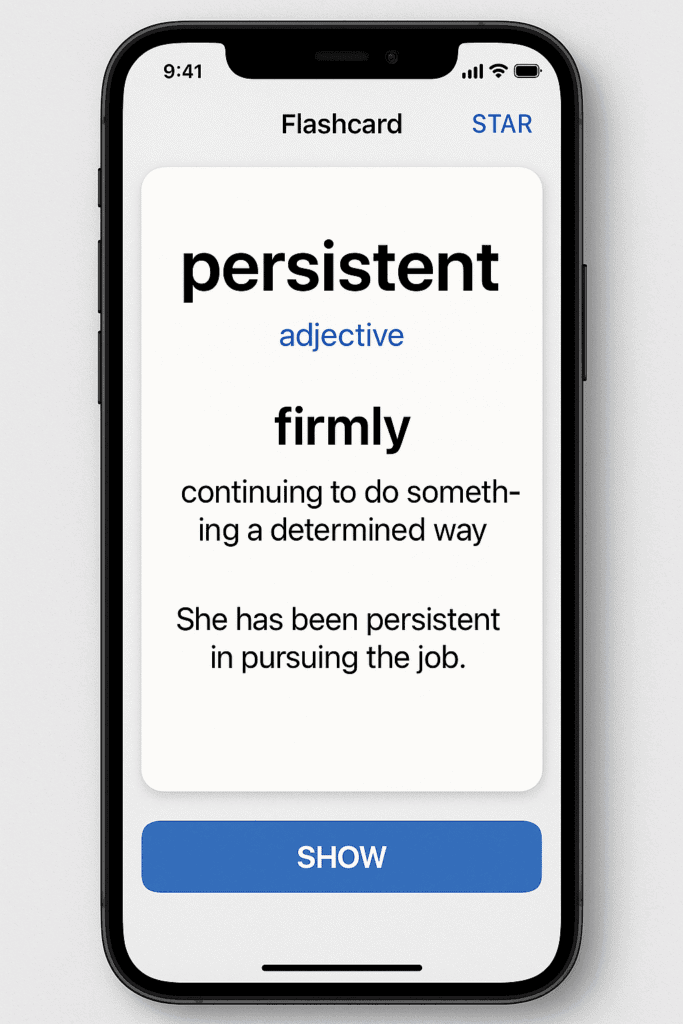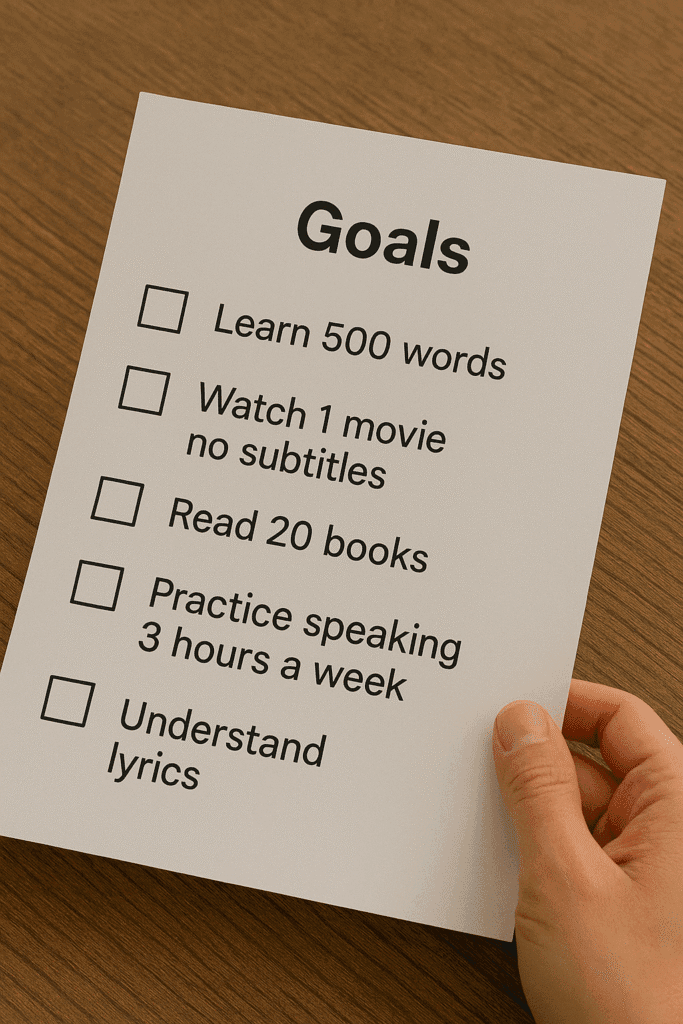Introduction
In today’s globalized society, learning English is something one of the best skills you can have. Whether it be the job growth potential, school benefits, or studying and exploring another country, mastering the English language opens up many doors. But for many people, their lack of English learning progress can be at a standstill for reasons such as using outdated methods or simply not believing in yourself.
Fortunately, learning English can be done significantly more quickly if you utilize the right methods. In this post, we will go over 7 scientifically backed techniques to help you learn English faster, achieve fluency faster, and speak with confidence.
By the end, you’ll know exactly how to maximize your study routine productivity.
1. Why learning English faster is possible (scientifically supported)
Research demonstrates that adults can learn foreign languages quickly when they are immersed in the environment, they are presented with and given guided spaced repetition of the vocabulary, and actively engage in discussions with the second language. Adults are able to assist themselves in the learning process because they can see patterns, apply their real-world life, and utilize structured language learning processes. The high-impact processes which will accelerate your speed of comprehension and speaking are key.
Instead of relying on just memorization by random vocabulary, you can utilize strategies that will allow you to be productive and effective.

2. Immersion: Surround Yourself With English Everyday
Why it Works
Immersion is part of the natural process of having your brain develop an adaptation to English. Research shows learners in immersive environments, like living in another country, progress 3 times faster than learners in a classroom environment.
How To Create An English Immersion Environment At Home
- Watch Movies & TV Shows in English
Start with subtitles, then progress to English without subtitles.
Recommendations: Friends (casual English), BBC News (formal speech), or TED Talks (academic vocabulary).
- Listen to English Podcasts and Audiobooks
New: – “ESL Pod” or “Learning English Broadcast” (they speak slowly and clearly).
Intermediate: The Daily (news media) or Stuff You Should Know (conversational).
- Change Your Devices/Social Media Into English
Go to settings on your phone, computer, and browser and change your language.
Follow language learning pages on Instagram, TikTok, or YouTube.
- Think/Talk To Yourself In English
Narrate your day (Woke up, making coffee. What am I going to do next?)
Practice describing items around you

3. Use Spaced Repetition for Long-Term Vocabulary Recall
All About Spaced Repetition
Your brain forgets things fast, unless you are very consciously revisiting them at certain intervals, spaced repetition (SRS) meets you at that point by reminding you of the words, right before you forget them.
Best Spaced Repetition Software/Tools
- Anki (Custom flashcards by SRS)
- Quizlet (Pre-made vocab sets)
- Memrise (uses native speakers’ videos)
The Best Way to Use Flashcards
- Learn high-frequency words (e.g., “understand”, “important”, “but”).
- Ensure the flashcards include example sentences not just one word.
- Revisit the flashcards/words for 10-15 minutes daily.

4. Speak on Day One (Even if you’re a beginner)
Why Speaking Early is Important
Most learners wait until they feel “ready”–which holds them back from fluency. The sooner you speak, the faster you will improve.
Ways to Practice Speaking (Even when Alone)
- Shadowing
Repeat what you hear from a native speaker (YouTube, Podcasts) using the same tone, speed, and pronunciation.
- Language Exchange (Tandem, HelloTalk)
Find a person who is learning your native language and they can find you practicing theirs
- Recording and Comparison
You can also use Apps like ELSA Speak for AI feedback.

5. Grammatically Correct (Without All the Boring Rules)
The Problem With Traditional Grammar Study
Most learners emphasize grammar too much and never get speaking. Instead, learn grammar in context through:
- Stories & Books (Graded readers for beginners).
- TV Shows & Conversations (Observe how natives put together their sentences).
Only Learn High-Value Grammar
- Past/Present/Future Verbs
- Basic Sentence Structures (Subject-Verb-Object)
- Prepositions (in/on/at)
Illustration: A notebook containing hand written grammar notes with highlighted rules.
6. Utilize AI & Technology to Speed up Learning
The Best AI Tools to Learn English
- ChatGPT (Very Awesome for having conversations, getting corrections)
- Grammarly (Nice for instantly getting better writing)
- DeepL Write (Really nice advanced sentence rewording)
How to Utilize AI Well
- Ask ChatGPT: “Please correct this sentence, and explain the mistake.”
- Use ELSA Speak to improve your pronunciation.
7. Read in English (Even Beginners)
Start with Easy Material
- Graded Readers (Books for learners at different levels).
- News in Simple English – (BBC Learning English, or “Simple Wikipedia”)
How To Read
- Highlight unknown words. An unknown word does not need to be translated every time.
- Summarize what you read in your own words.

8. Keep the Motivation Going with Clearly-Defined Goals and Rewards
Establish SMART Goals
- Specific: “Learn 10 new words each day.”
- Measurable: “I can speak for five minutes without pausing.”
Track Progress and Celebrate Successes
- Utilize apps like Duolingo that let you track your streaks.
- Reward yourself after major milestones (E.g., “If I study for 30 days straight, I get a book in English!”).

Conclusion
- Immerse yourself with daily English, Podcasts, and movies.
- Make used of spaced repetitions (Anki, Quizlet).
- Start talking right away (language interaction, shadowing).
- Learn grammar organically – not just by following rules, but by telling tales.
- Make use of Ai technologies such as Grammarly and ChartGPT.
- Read frequently (basic news, graded readers).
- Maintain motivation by setting objective and monitoring your progress.
Final Tip: Consistency Beats Intensity
Studying for 20 minutes every day is preferable to 5 hours once a week. You will see progress if you start small and have patience.


